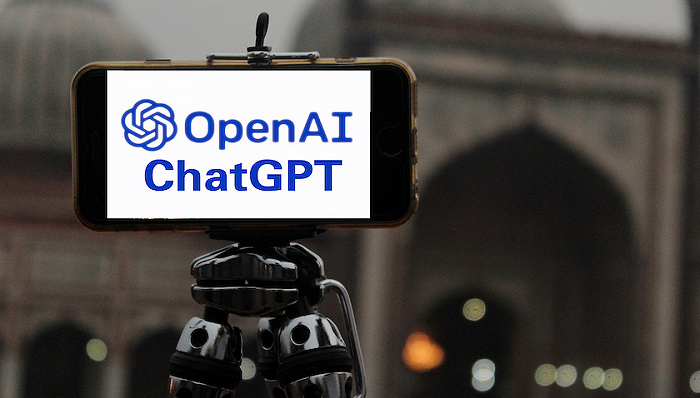Two recent papers published by American academic circles this month show that chat bots may help market participants to invest.
One is to interpret whether the Fed statement is hawkish or dovish, and the other is to judge whether the headline news is good or bad for a stock. ChatGPT achieved excellent results in both tests.

This means that ChatGPT has taken an important step in using technology to transform a large number of texts obtained from news, Twitter and speeches into trading signals.
Of course, this is not new on Wall Street. For a long time, quantitative investors have been providing information to strategists through the language model used by chat bots. However, the results of this survey show that the technology developed by OpenAI has reached a new level in analyzing nuances and contexts.
In the first article entitled “can ChatGPT decipher the fed’s speech? In the paper, two Fed researchers found that ChatGPT came to the conclusion closest to human judgment when judging whether the central bank’s statement was a dove or a hawk.
Anne Lundgaard Hansen and Sophia Kazinnik, researchers at the Federal Reserve Bank of Richmond, pointed out in their papers that ChatGPT beat the BERT language model commonly used by Google and dictionary-based classification.
Not only can the Fed’s policy statements be classified, but ChatGPT can even explain this classification, and its explanation is very similar to that of the Fed’s own analysts.
Take a sentence in the Federal Reserve’s policy statement in May 2013 as an example: “Generally speaking, the labor market has improved in recent months, but the unemployment rate is still high.” The robot explained that this sentence is dovish, because it shows that the economy has not fully recovered. This is similar to the conclusion drawn by analyst Blethen. According to the newspaper, Blethen is a 24-year-old male analyst, smart and curious.
In the second article entitled “can ChatGPT predict the stock price trend?” Predictability of returns and large-scale language model, Alejandro Lopez Lira and Tang Yuehua of the University of Florida asked ChatGPT to pretend to be a financial expert to interpret the company’s headlines. They use news after the end of 2021, which is not in ChatGPT’s training data.
It is found that the answer given by ChatGPT is statistically correlated with the subsequent trend of stocks, which indicates that chat bots can correctly interpret the meaning of news.
For example, researchers asked ChatGPT to judge whether a news article entitled “Rimini Street, a server provider, was fined $630,000 in a lawsuit against Oracle Bone Inscriptions” was good or bad for Oracle Bone Inscriptions. ChatGPT explained that this is positive because the fine “may enhance investors’ confidence in Oracle Bone Inscriptions’s ability to protect its intellectual property rights and increase demand for its products and services”.
For most senior quantitative analysts, it is common to measure the popularity of a stock through natural language processing (NLP) by using enterprise-related tweets or the latest headlines. But the technological progress demonstrated by ChatGPT seems to have opened a new world and made it easier for more financial professionals to use this technology.
At the same time, ChatGPT may also subvert a series of jobs on Wall Street, from trading to investment banking.
Mark Muro, a researcher at the Brookings Institution who studies the impact of AI on the labor market, said that financial analysis, personal financial consulting and other work need to deal with a large amount of digital data, and AI is bound to have an impact on these positions.
“AI can identify market trends, find better or worse investments in the portfolio, and combine other forms of data, such as data provided by financial companies, to give better portfolio forecasts,” Muro pointed out in an interview with BusinessInsider.
He said that these analysts make a lot of money, but some of their work can be automated.
Shi Pengcheng, deputy dean of the School of Computer Science at Rochester Institute of Technology, agrees that some jobs on Wall Street may be in danger. “In an investment bank, people are hired after graduating from college, spend two or three years working like robots, and build models with Excel. You can let AI do it, “he said in an interview with New York Post.